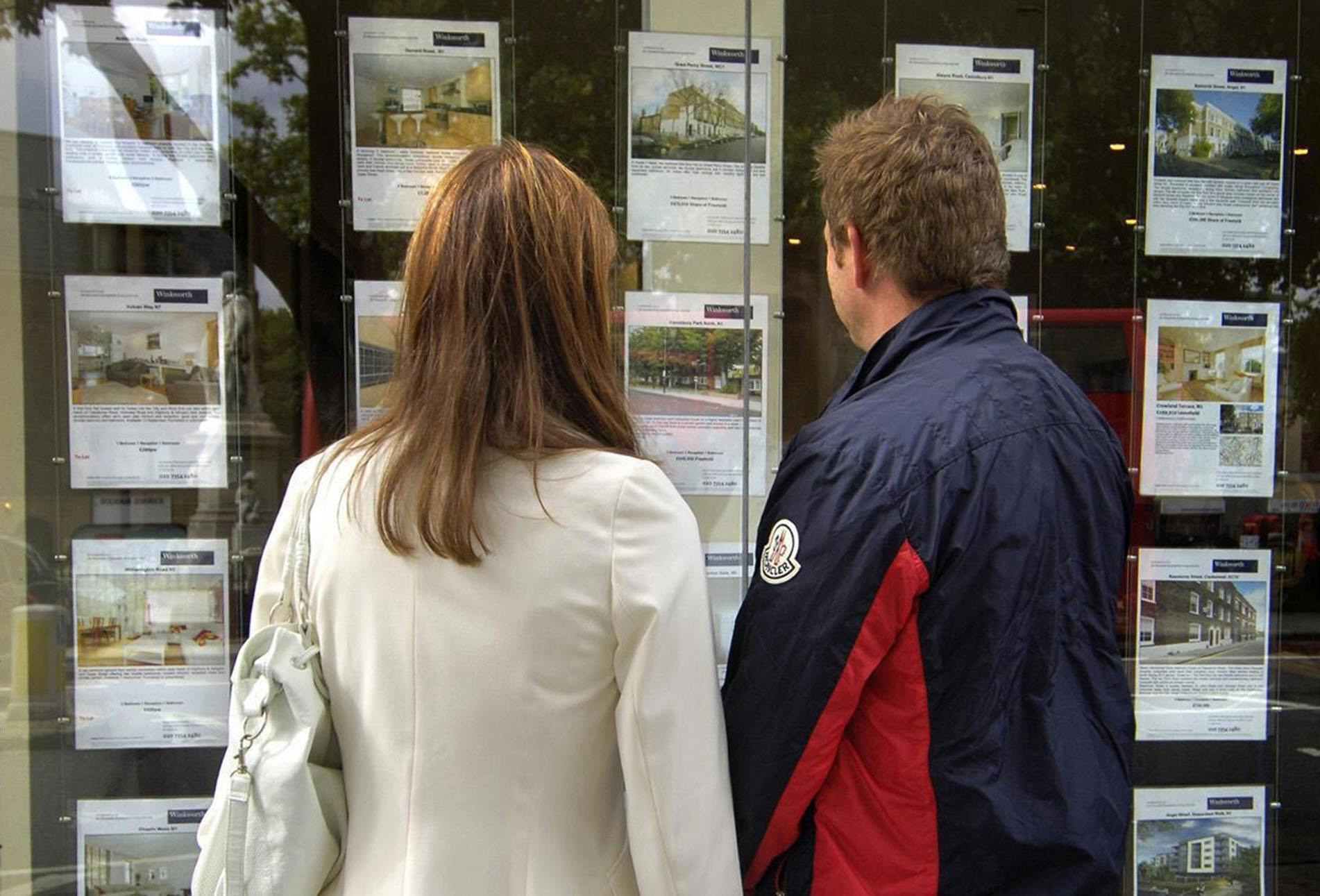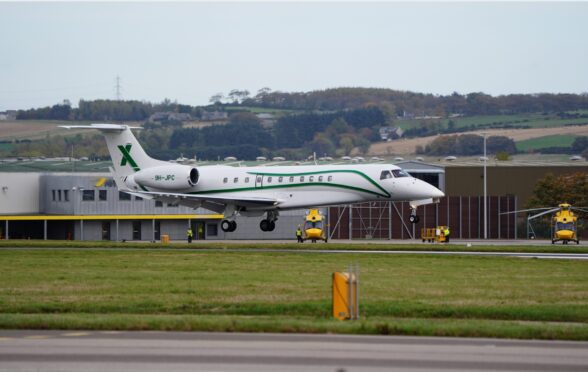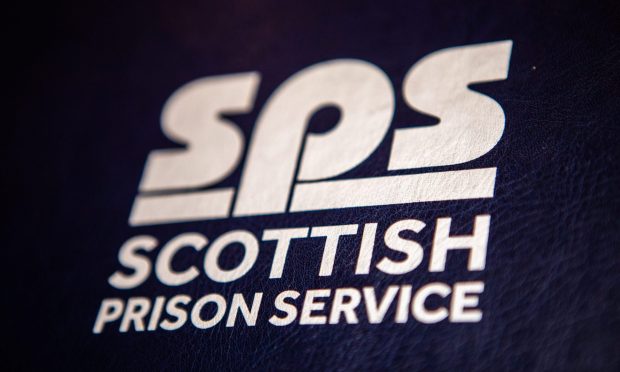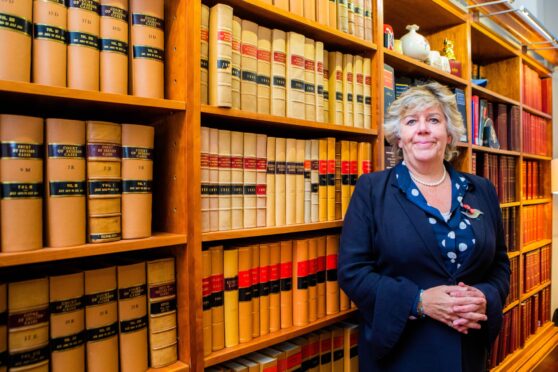Demand for homes fell back for the first time in over a year in April, as a stamp duty hike and uncertainty over the looming EU referendum meant housing market activity took a pause, according to surveyors.
The Royal Institution of Chartered Surveyors (Rics) said a net balance of 22% of surveyors reported a fall in new buyer enquiries, with the cool down in interest seen across most of the UK.
Scotland and East Anglia were the only areas to see some modest growth in buyer enquiries, Rics said.
It marks the first time since March 2015 that interest from new buyers has generally fallen back. But the continued shortage of homes on the market means house prices are continuing to climb.
Rics said price momentum remains “firm”, with a net balance of 41% of surveyors seeing prices edging up higher in April. The only regions which were an exception to these solid price increases were London and the North of England.
In London, surveyors saw a modest price decline for the second month in a row, while in the North prices were broadly unchanged.
On April 1, a 3% stamp duty increase was introduced for people buying homes, including buy-to-let investors. Investors rushed to beat the hike by snapping up properties before the deadline – bringing forward purchases which may otherwise have taken place later in the year.
The Rics report said that while the reduced demand from buy-to-let investors and second home buyers appears to be the main cause of the fall in new buyer enquiries, “it may also reflect some uncertainty beginning to enter the market in the run up to the UK’s referendum on its EU membership”.
Looking ahead, a net balance of 5% more surveyors expect house prices to increase rather than fall in the coming three months.
In the longer term, a balance of 61% of surveyors expect property values to continue heading upwards over the next 12 months.
Surveyors tend to expect house prices to grow by between 3% and 5.5% annually over the next five years.
And in the lettings market, a balance of 22% of surveyors are seeing demand from tenants increase rather than fall. Rics said comments it gathered during the survey suggest that recent policy changes in the sector, which have driven up landlords’ costs, are leading them to reconsider their positions in the market – and this is likely to drive rents higher in the future.
A net balance of 18% of surveyors expect rents to increase over the next three months, with average growth of 3.4% expected in the year to come.
Rics chief economist Simon Rubinsohn said: “Uncertainty is a word that features heavily in the feedback we are receiving from members responding to the survey and is contributing to the flatter trend in the latest data.
“More ominous is the expectation that both prices and rents will head materially higher over (the) medium term, despite existing affordability concerns, with the supply pipeline continuing to fall short of household growth.”







